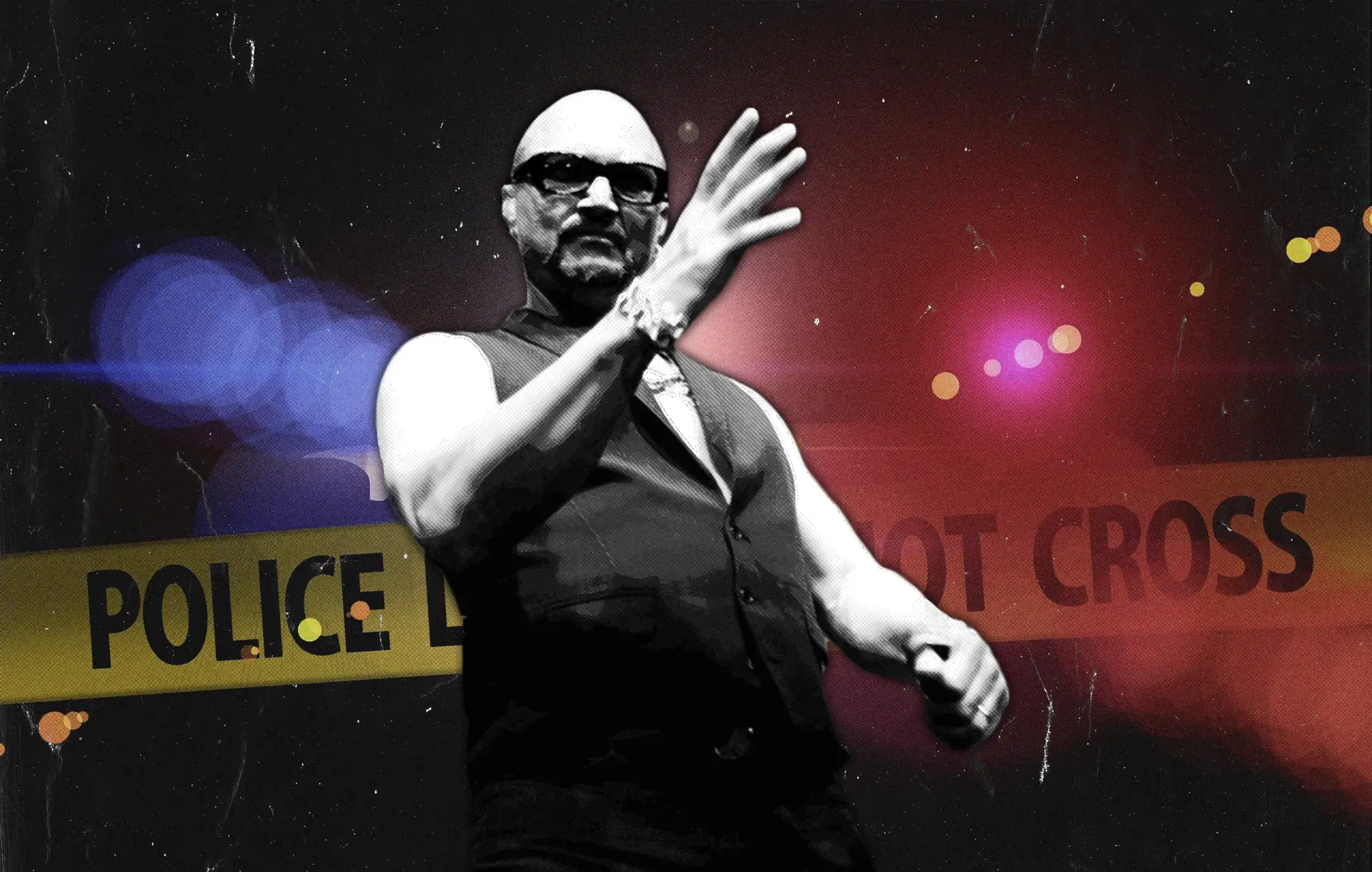Thirty years ago this August, the American pop metal band Queensrÿche released Empire, its most commercially successful album. The 1990 album consisted of “Silent Lucidity,” the band’s biggest hit and one of the most beloved songs of the power ballad genre.
But that album also featured another song that got some radio play that year, the title track “Empire.” The song’s lyrics were about the scourge of urban crime at the time, which blamed the drug-trafficking “empire” of the title. And the song ends up staking out a political position that is, needless to say, somewhat at odds with the current moment.
“Empire” is the sort of hamfisted political statement that wasn’t exactly a rare thing in the popular music of the early 1990s. It features such winning lyrics as “Last night the word came down/Ten dead in Chinatown//Innocent, their only crime was/Being in the wrong place, at the wrong time” and “Now he’s out on the streets all day/Selling Crack to the people who pay/Got an AK-47 for his best friend/Business the American way.”
Then, instead of a bridge before the guitar solo, the song takes an odd turn, one not taken by any other song ever recorded in the history of popular music: A spoken voice emerges and begins citing law enforcement expenditure statistics.
“In fiscal year 1986 to ’87, local, state and federal governments spent a combined total of 16.6 billion dollars on law enforcement. Federal law enforcement expenditures ranked last in absolute dollars and accounted for only 6% of all federal spending. By way of comparison, the federal government spent 24 million more on space exploration, and 43 times more on national defense and international relations, than law enforcement.”
The song ends up staking out a political position that is, needless to say, somewhat at odds with the current moment
This is striking for a few reasons. One, it really goes against the debates currently being held about defunding police, or at least directing resources towards other things – Queensrÿche is arguing that, at least in the Reagan era, we weren’t spending enough on law enforcement.
Secondly, it’s not clear what “last in absolute dollars” means – compared to what? – or why $16.6 billion is an absurdly low amount for all levels of government to be spending on law enforcement. After all, the military and space exploration (again, these were the Reagan years) are very, very expensive. And “$24 million,” in terms of spending by the federal government, is practically nothing.
And third, isn’t most law enforcement spending done at the state and local level, as opposed to federal?
Decades Later
“Empire,” indirectly, was arguing for the passage of the 1994 crime bill, four years later. That bill, officially called the Violent Crime Control and Law Enforcement Act, was written by now-presidential candidate Joe Biden and signed into law by President Clinton with bipartisan support. The crime bill expanded spending on crime prevention by billions, and helped entrench mass incarceration, which has led to political trouble for both Biden and previous Democratic presidential nominee Hillary Clinton.
At any rate, the Trump Administration appear to be believers in the Queensrÿche Doctrine: As of its fiscal year 2019 budget, the administration allocated $14 billion to “DOJ Federal law enforcement agencies.” And that’s only federal.
As for Queensrÿche, while the band continued releasing music in the ensuing years, they were one of those rock bands from the ’80s that were largely sidelined by the rise of the grunge era. In 2012, the group split up, and at one point frontman Geoff Tate was feuding with his bandmates, Michael Wilton, Scott Rockenfield and Eddie Jackson, over the rights to the Queensrÿche name, which the non-Tate faction ultimately won the exclusive rights to use. Tate retained the right to play the Operation: Mindcrime and Operation: Mindcrime II albums in their entirety live, but not Empire. (Another band from the ’80s, Gene Loves Jezebel, broke up, and split into two different groups, both using the name).
No, it isn’t the strangest backstory of a popular song from 1990 – that would be The Scorpions’ “Winds of Change,” the subject of a new podcast looking into the rumor that it was actually created as a CIA op. But “Empire” still occupies an exceedingly strange place in the annals of rock music and criminal policy debate.




